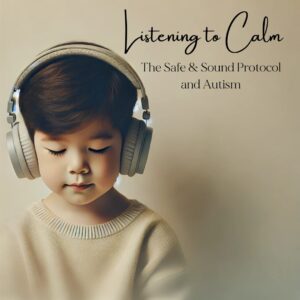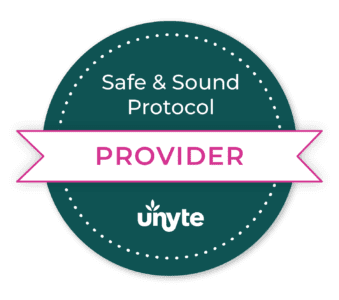In the hustle and bustle of modern life, finding peace and calm can feel like an elusive goal. Anxiety, stress, and the lingering effects of trauma can leave us feeling disconnected, overwhelmed, and out of balance. However, there’s a simple yet powerful practice that can help you regain control and find your inner calm: yoga and breathwork. These ancient practices offer a holistic approach to mental health, providing tools to manage anxiety, heal from trauma, and enhance overall well-being.
The Power of Stretching: Yoga for Mental Health
Yoga is more than just physical exercise; it’s a practice that unites the body, mind, and spirit. The physical postures, or asanas, help release tension stored in the muscles, which is often a physical manifestation of stress or trauma. By stretching and moving the body, you can release this tension and create space for relaxation and healing.
But the benefits of yoga go beyond the physical. Research has shown that yoga can significantly reduce symptoms of anxiety and depression by promoting a sense of mindfulness and present-moment awareness. The meditative aspects of yoga encourage you to focus on your breath and body, which helps quiet the mind and reduce the constant chatter of anxious thoughts. This mindfulness aspect of yoga is particularly beneficial for those dealing with trauma, as it allows for a gentle reconnection with the body in a safe and controlled way.
The Breath of Life: Breathwork for Emotional Balance
Breathwork, or pranayama, is an essential component of yoga that focuses on the conscious control of the breath. The way we breathe directly influences our nervous system, and through breathwork, we can activate the parasympathetic nervous system—the body’s natural relaxation response. This shift from the fight-or-flight response to a state of calm and rest is an invaluable skill for managing anxiety and the effects of trauma.
Techniques such as deep diaphragmatic breathing, alternate nostril breathing, and Sudarshan Kriya have been shown to lower cortisol levels (the stress hormone), reduce heart rate, and calm the mind. These practices offer an immediate way to manage stress and anxiety, making them a powerful tool for mental health. For trauma survivors, breathwork can also help in releasing stored emotions and fostering a sense of safety and control within the body.
Finding Your Flow: Integrating Yoga and Breathwork into Daily Life
The beauty of yoga and breathwork lies in their accessibility and adaptability. Whether you have five minutes or an hour, you can incorporate these practices into your daily routine to enhance your mental health and overall well-being. Here’s how you can start:
- Morning Yoga Routine: Begin your day with a few simple stretches and deep breaths to set a calm and focused tone for the day. Even a short 10-minute routine can make a significant difference in how you handle stress throughout the day.
- Mindful Breathing Breaks: Take a few moments throughout your day to practice mindful breathing. Focus on taking slow, deep breaths, and notice how it helps calm your mind and body. This can be especially helpful during moments of anxiety or stress.
- Evening Wind-Down: Use yoga and breathwork as part of your evening routine to unwind and prepare for restful sleep. Gentle stretches and slow breathing can help release the day’s tensions and promote a peaceful night’s rest.
Embracing the Calm Within
By making yoga and breathwork a regular part of your life, you can create a powerful foundation for mental health and resilience. These practices offer a pathway to reconnect with your body, calm your mind, and embrace the peace that lies within. Whether you are dealing with anxiety, recovering from trauma, or simply looking to enhance your overall well-being, yoga and breathwork provide the tools you need to find your flow and live a more balanced, fulfilling life.
Take the first step, or go more deeply if you already practice, by joining our yoga & breathwork class this fall. Receive guidance from Carolyn Overdiek, an experienced practitioner and teacher, as you deepen your mind-body connection.
-

Rachel Plympton, LCSW, brings 14+ years of expertise to her mission of creating lasting, whole-body wellness. Using a dynamic blend of Play Therapy, Cognitive Behavioral Therapy, Mindfulness, EMDR, and Safe and Sound Protocol™ (SSP), she helps clients break through barriers and achieve meaningful change. Rachel also offers Wellness Panels that reveal powerful insights into the link between mental and physical health. Whether working with children, teens, or adults, Rachel is dedicated to guiding her clients in transformation and resilience.
View all posts
 (281) 305-9387
(281) 305-9387









